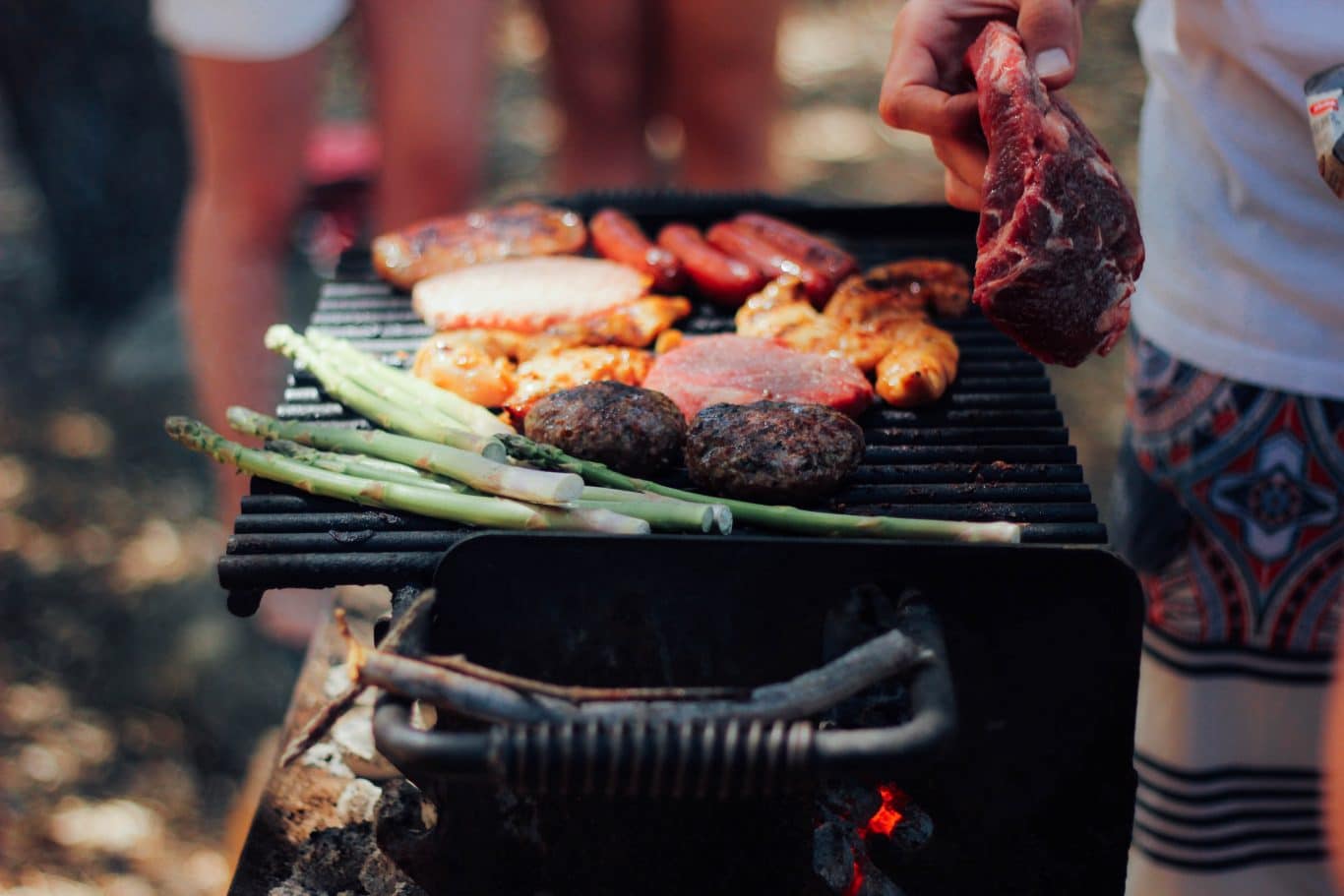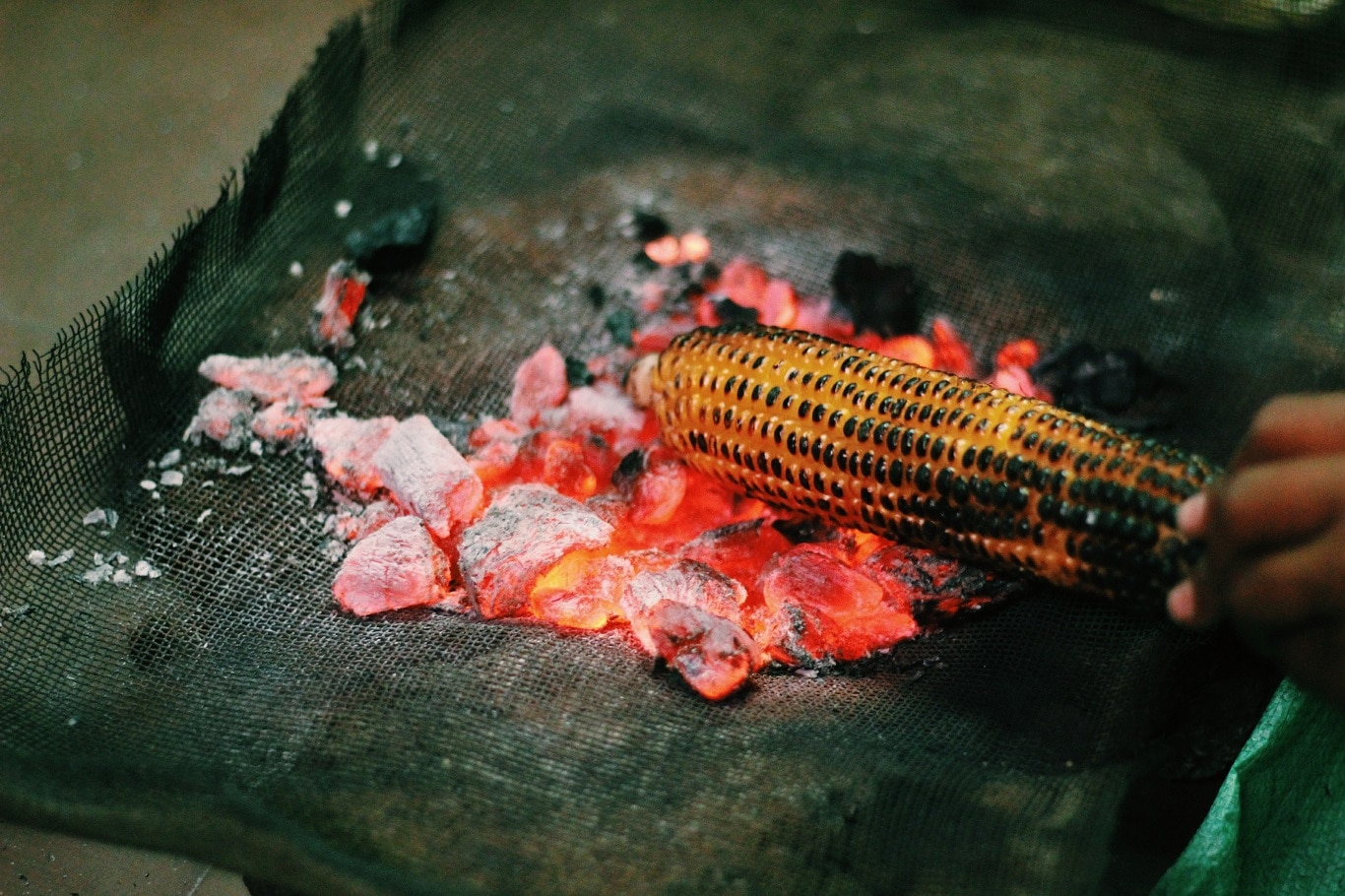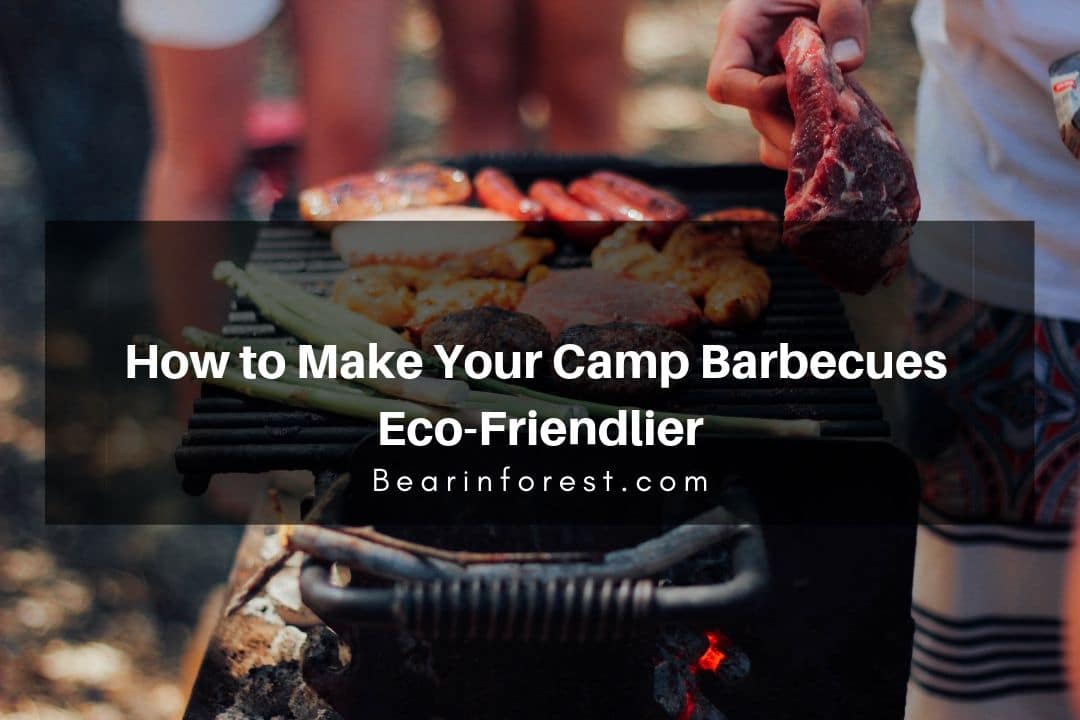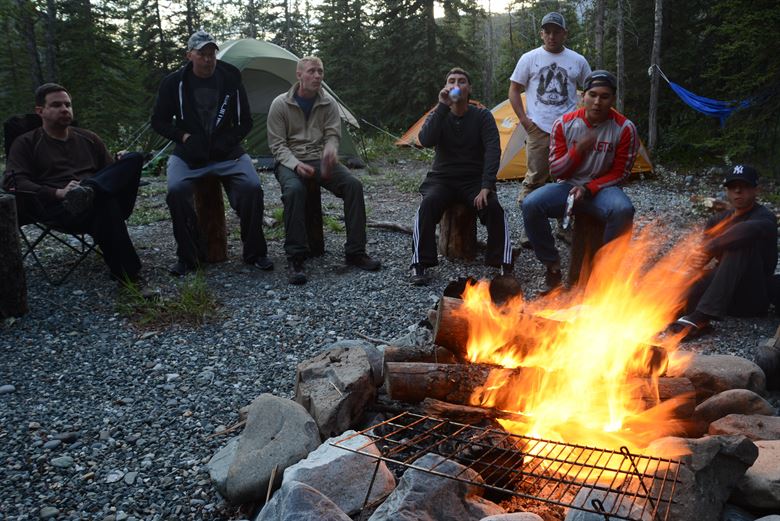Disclaimer: This post is sponsored by PSECU, a Pennsylvania-based credit union.
As you're heading out to the woods or starting a cookout in your backyard, have you ever wondered what impact your actions have on the environment? Emissions from gas grills leave toxins lingering in the air, and pesticides poison more than ants — they hurt pollinators. How can you make your barbecues eco-friendlier?
Quite easily. By selecting your materials and menu carefully and opting for natural pest control, you can reduce your carbon footprint. Eliminating wasteful paper and single-use plastic products helps as well. Here are eight tips to make your summer grilling friendlier to the planet we share.
1. Go Electric
Gas grills use propane or butane, both of which emit toxins into the air. Instead, electric grills cost relatively little in terms of energy use to operate, and they create few emissions. Plus, as long as you monitor it, you'll be free from fear of fire or gas leaks. You can then enjoy grilling even if fire restrictions make toasting marshmallows at your favorite campsite inadvisable.

Electric grills offer other benefits as well. You can use one either indoors or out, so you can simply head indoors if you're grilling at home and the weather turns lousy. Additionally, many electric grills feature removable plates that wipe clean easily with no need for dangerous wire brushes.
2. ...Or Select a Better Charcoal
Traditional charcoal grills burn even dirtier than gas, but the flavor they impart is incomparable, right? Not necessarily. Lump coal — a cleaner-burning alternative to charcoal — has taken the gourmet world by storm. Lump coal can burn up to 1,400 degrees Fahrenheit — considerably hotter than the 800 that traditional briquettes can reach. Searing a steak takes less time using this fuel. The speed results in fewer emissions as well.
3. Grill Up Veggies or Fish
Sure, burgers and hot dogs cost little, but the cultivation of beef contributes to rainforest destruction more than any other industry. Fully 80% of hectares cleared for soy production goes to growing cattle feed.

Instead, opt for grilling up heart-healthy fish and vegetables. Corn on the cob tastes heavenly wrapped in aluminum foil with a touch of butter, salt and sugar and grilled up — just remember to recycle the foil when finished. Seared salmon steaks power your body with heart- and brain-healthy omega-3 fatty acids. Not only will your body thank you, but the planet will as well for your commitment to eating more sustainably.
4. Opt for Vegan or Vegetarian Sides
Processed meats contain preservatives and curing agents, and regular consumption of these meats increases your chance of developing heart disease. Plus, agricultural runoff from raising pigs for pork poisons waterways. Ditch the ham salad and opt instead for vegetarian sides.
The good news? You still can enjoy a baked potato on the grill. Also, consider sides like crudites with homemade onion dip (just avoid store brands containing palm oil, the cultivation of which destroys orangutan habitats) and creamy vegan cucumber salad, which nourishes your body and tastes great.
5. Treat Pests Naturally
Camp barbecues and backyard varieties alike invite ants and other creepy critters. However, ridding your party of these insects via pesticides can harm pollinators like honey bees responsible for fertilizing much of our food supply. Instead, control pests naturally by investing in lidded mason jars for snack foods and salads and mosquito netting for larger main courses.

You can use essential oils to shoo away flying pests. Can't stand the smell of citronella? Spearmint and peppermint essential oils stave off gnats, flies and no-see-ums. Spray some onto your tablecloth. Suspend a few drops in a carrier oil like coconut oil and dab it on to prevent bites.
6. Ditch the Paper Plates
Paper plates and napkins may biodegrade, but they also add to the destruction of trees. Instead, invest in an elegant picnic set with stainless steel place settings you can wash and reuse. Use cloth napkins instead of the paper variety — you look trés classy while preserving arboreal beauty.
7. ...And the Single-Use Cups
Likewise, leave the red plastic cups at your undergrad keg party. Single-use plastics have no place at a sustainable barbecue, regardless of the festivities' location. You can buy reusable silicone wine glasses at any department store — they never break, and some even come with sippy cup lids for the slightly sloppy imbibers among your party. And yes, you earn major "adulting" points for such a purchase, too!
8. Open Up Your Man-Cave or She-Shed
If you're grilling at home, what happens if the weather turns nasty or guests simply wish to escape the heat? After all, opening and closing home doors lets your AC out and increases emissions (along with your electric bill).
Instead, open the garage or throw open the doors of your shed. Keeping such areas comfortable climate-wise proves cheaper and more energy-efficient. Want mega-planet bonus points? Install solar panels on your shed for eco-friendly climate control. Want to play some music? Invest in a speaker instead of leaving your car running in order to listen to music from it.
Making Your Barbecue Kinder to the Planet
Your campsite barbecue doesn't need to create an ecological disaster. By following the tips above, you can enjoy grilled goodness while protecting the very environment you love for your outdoor adventures.

